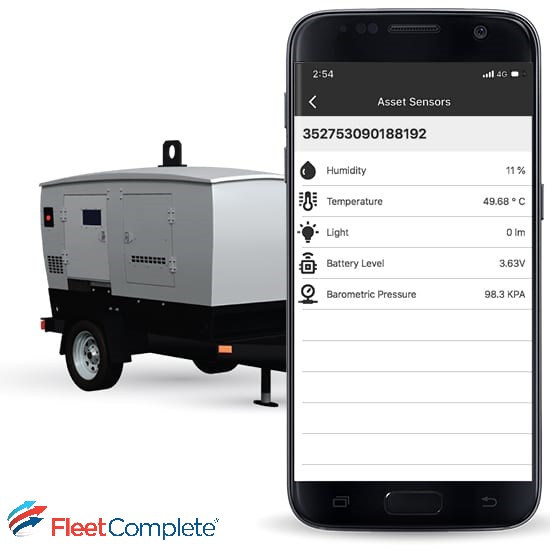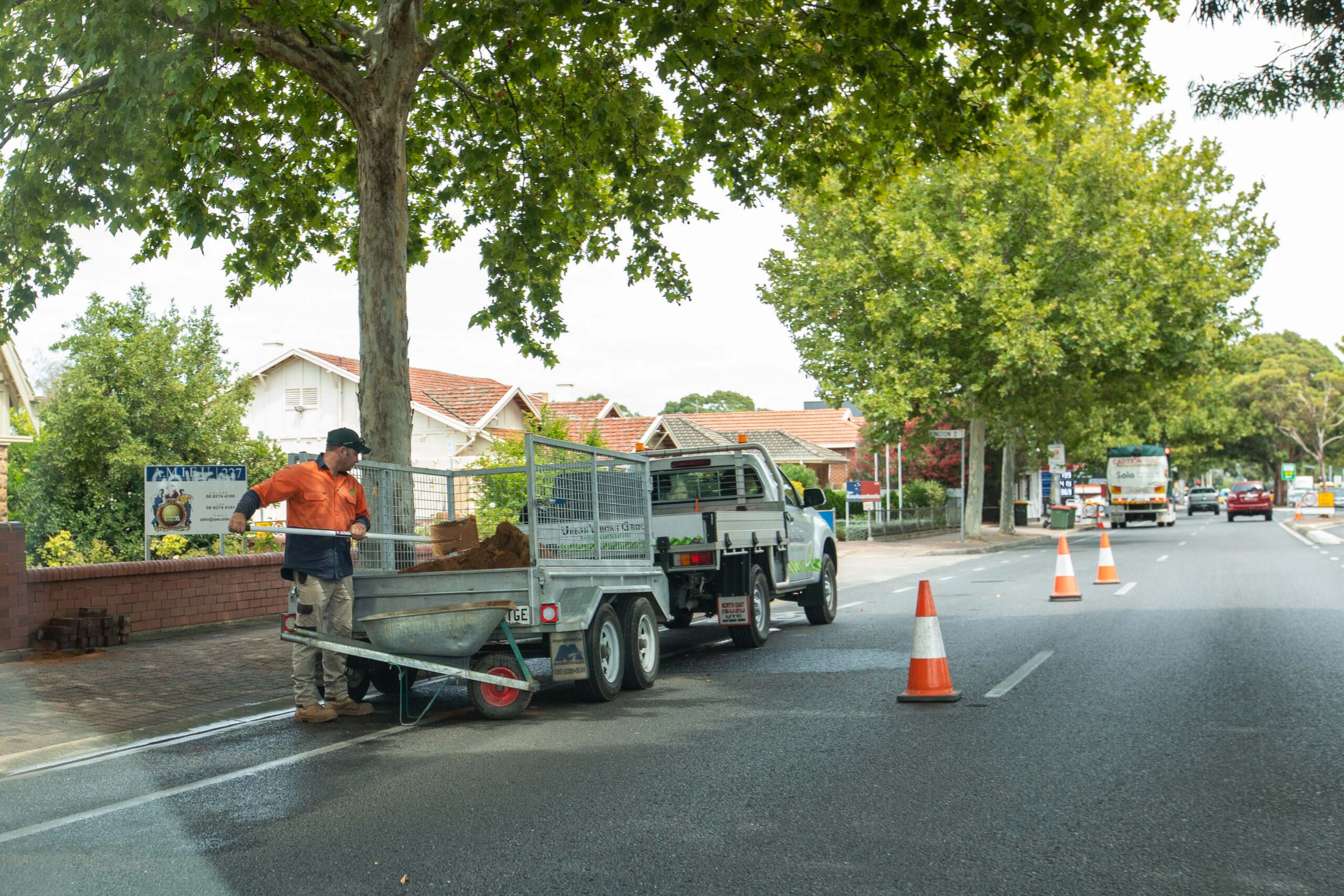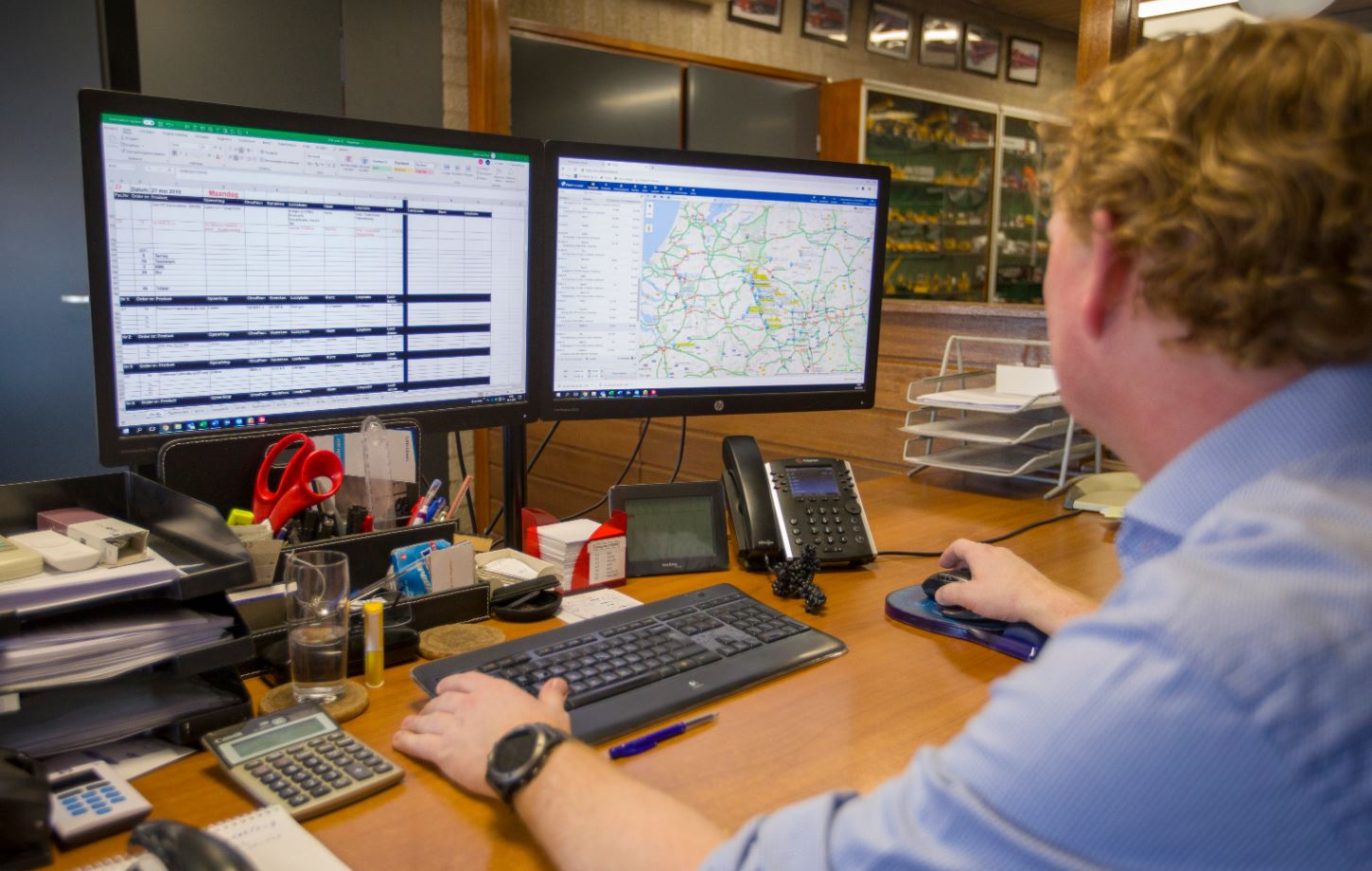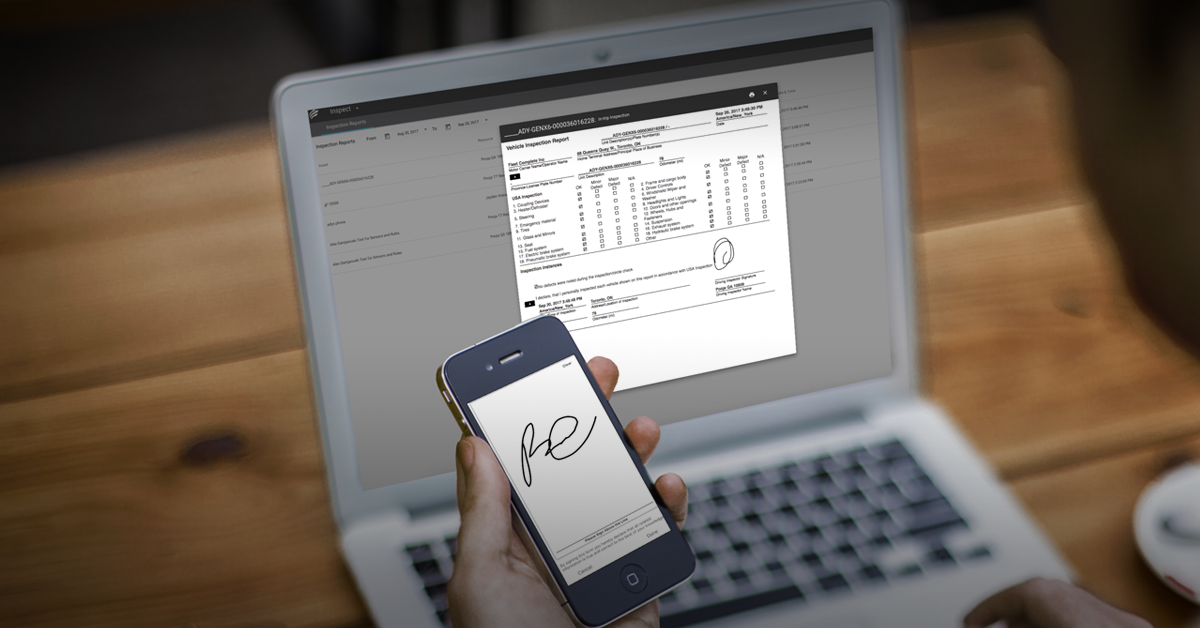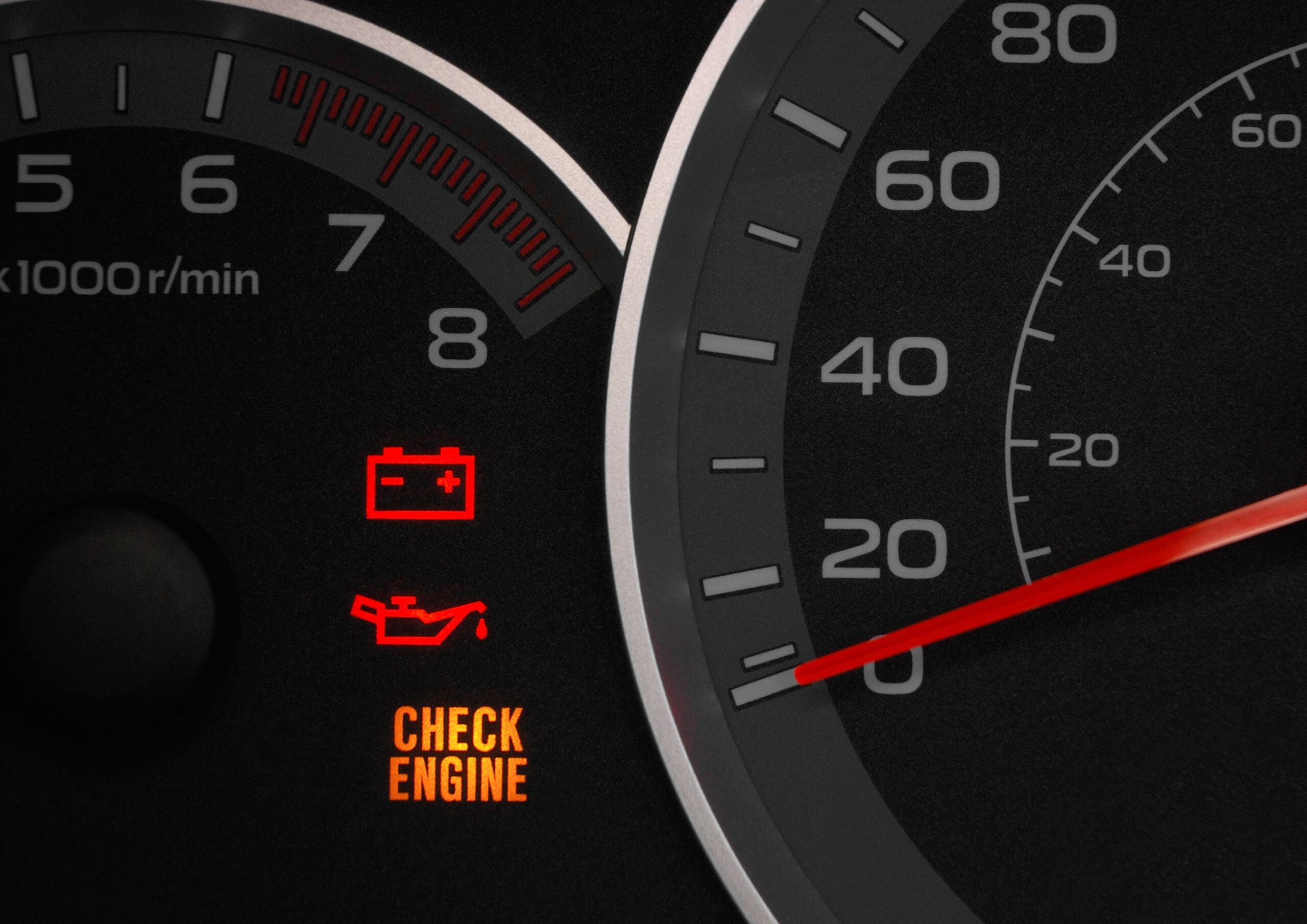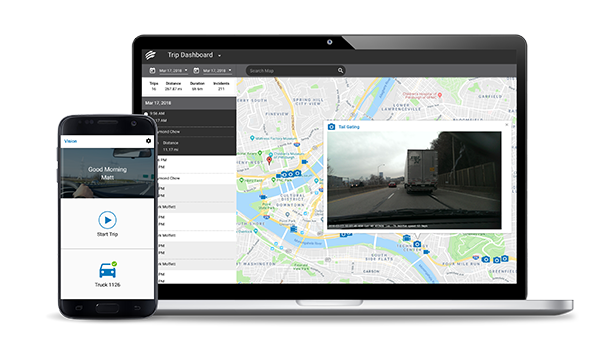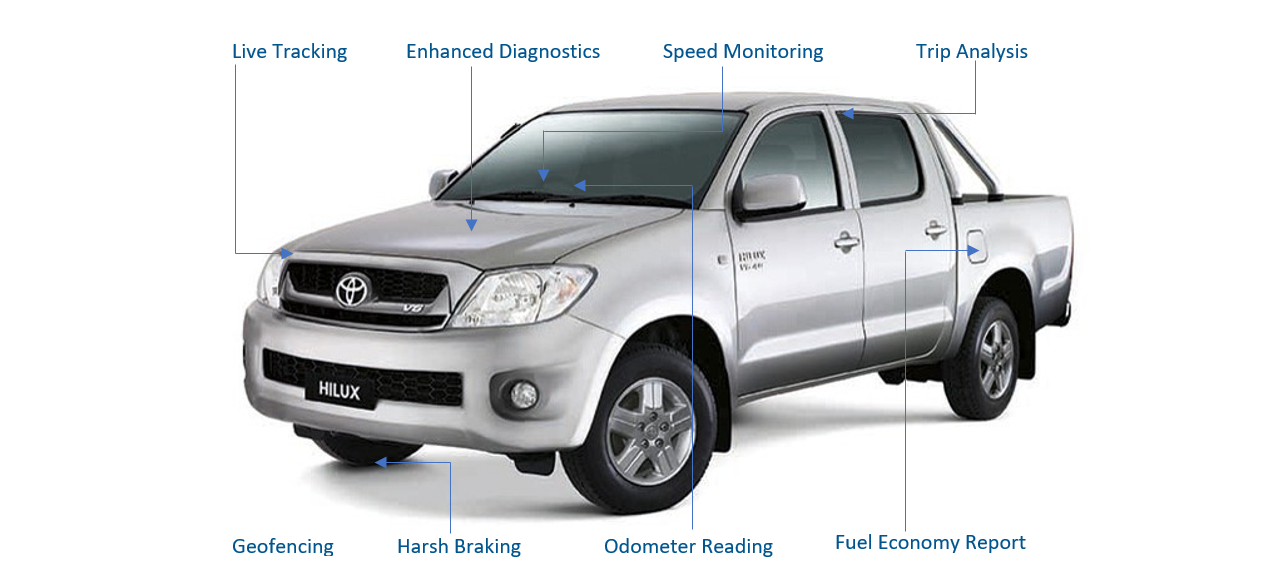
GPS Tracking Laws for Australian Businesses
Telematics is booming and has become one of the most impactful tools for fleet management for Australian businesses in 2023. However, ensuring a safety-compliant fleet is a shared responsibility among everyone in your organisation, from drivers to managers.
The Importance of Compliance
Maintaining compliance with industry regulations is not just a legal requirement; it also helps build trust with your employees by demonstrating that your business is committed to doing the right thing. When it comes to using GPS tracking for your fleet, be sure to check that you have fulfilled the necessary State and Territory requirements that we’ve outlined below.
Legal Considerations for GPS Tracking: Employee Consent and Transparency
Yes, you can legally track delivery drivers and vehicle operators in Australia, but only with their informed consent. Most Australian States permit businesses to implement telematics solutions in their vehicles, provided employees are aware of the tracking. Whether you manage a large or small fleet, it’s essential to provide clear and concise information about the tracking software being used.
Understanding Australian GPS Tracking Laws
New South Wales
Under the NSW Surveillance Devices Act of 2007, all tracking devices, including those with GPS capabilities, are subject to regulation. If your business uses GPS tracking in trailers or fleet vehicles, you are required not only to notify employees but also to clearly display a notice on the vehicle. Failure to comply can result in severe penalties, including fines and/or imprisonment for up to 5 years.
The NSW Surveillance Devices Act 2007 No 64 Part 2 Section 9 states –
Consent Required: You can’t install, use, or maintain a tracking device to find someone’s location without their explicit or implied consent.
Tracking Objects: You also need consent from the person who legally owns or controls an object if you want to track it.
Penalties: Violating these rules can result in heavy fines (up to 500 penalty units for a company, or 100 penalty units and/or up to 5 years in prison for individuals).
Exceptions: These rules don’t apply if:
- The tracking is done under a warrant or emergency authorisation.
- The tracking complies with federal law.
- The tracking is done for a lawful purpose.
Queensland
Currently, Queensland does not have specific laws regulating tracking devices. However, to safeguard your business and foster mutual trust and respect, it’s advisable to keep your employees informed about any tracking practices.
Australian Capital Territory
GPS tracking in vehicles is governed by the Workplace Privacy Act 2011, which closely aligns with NSW regulations. Businesses must notify employees before implementing tracking and provide detailed information about the type, duration, and frequency of the tracking.
Workplace Privacy Act 2011, Section 17 and 18 states –
Notice Required: Employers must put a visible notice on any vehicle or item that is being tracked, informing workers that tracking is happening.
Exception: If it’s not practical to put a notice on the vehicle or item, employers must still take reasonable steps to inform workers about the tracking.
Offence: If an employer tracks a worker without following these rules, they can be fined (up to 20 penalty units).
Western Australia
Tracking employees in WA must comply with the Surveillance Devices Act 1998, which requires explicit employee consent—not just notification—before tracking is allowed.
In Western Australia, the Surveillance Devices Act 1998 No 56 Part 2 Section 7, states
Consent Required: You cannot attach, install, use, or maintain a tracking device to determine the location of a person or object without their explicit or implied consent. This includes tracking devices on vehicles or other objects.
Penalties:
- For individuals: Up to $5,000 in fines, 12 months in prison, or both.
- For corporations: Up to $50,000 in fines.
Exceptions: These rules do not apply in the following situations:
- If a law enforcement officer attaches, installs, or uses a tracking device on a vehicle in a public place as part of their official duties.
- If a tracking device is used according to a warrant or emergency authorisation.
- If the tracking is done under specific prescribed circumstances or according to federal law.
- If a law enforcement officer uses a tracking device as part of their duty, even if they didn’t attach or install it themselves.
Northern Territory
In the Northern Territory, GPS tracking laws for businesses are quite similar to those in ACT and NSW.
The Surveillance Devices Act 2007 Part 2 states –
Offence: It’s illegal to install, use, or maintain a tracking device to determine the location of a person or object if you know it’s being done without their consent.
Penalties: Violating this law can result in a fine of up to 250 penalty units or up to 2 years in prison.
Exceptions: These rules don’t apply if:
- The tracking is done under a warrant or emergency authorisation.
- The tracking is done in accordance with federal law.
- A law enforcement or ICAC officer installs the device as part of their duty on something in a public place.
- The tracking is done under specific prescribed circumstances.
Victoria
Tracking your business vehicles in Victoria is permitted, but only if you have informed the employees involved and obtained their consent before initiating the tracking.
The Victorian Surveillance Devices Act 1999 No 21 Part 2 Section 8 states –
Consent Required: You cannot install, use, or maintain a tracking device to find someone’s location or track an object without their explicit or implied consent.
Penalties:
- For individuals: Up to 2 years in prison, a fine of up to 240 penalty units, or both.
- For companies: A fine of up to 1200 penalty units.
Exceptions: These rules don’t apply if the tracking is done:
- Under a legal warrant or emergency authorisation.
- As part of an order under specific laws related to serious offenders, parole, or community corrections.
- Under a law from the federal government (Commonwealth)
South Australia
In South Australia, it is an offence to install a tracking device to track someone without their express or implied consent.
The South Australian Surveillance Devices Act 2016 Part 2, Section 7 states –
Consent Required: You cannot install, use, or maintain a tracking device to find the location of a person or a vehicle/object without the explicit or implied consent of that person or the person who owns or controls the vehicle/object.
Penalties:
- For companies (body corporate): A fine of up to $75,000.
- For individuals: A fine of up to $15,000 or up to 3 years in prison.
Exceptions: These rules don’t apply if:
- The tracking is authorised by this or another law, including federal (Commonwealth) law.
- The tracking is part of an approved undercover operation under specific criminal investigation laws.
- The tracking device is used solely to locate and retrieve the device itself.
- The tracking is done under specific prescribed circumstances.
At Fleet Complete, we understand the importance of staying compliant while maximising the efficiency and safety of your fleet. Our advanced telematics solutions are designed to help you navigate the complexities of GPS tracking laws while improving your overall fleet performance. Ready to see how Fleet Complete can transform your fleet management? Book a demo today and discover the difference our technology can make for your business.















